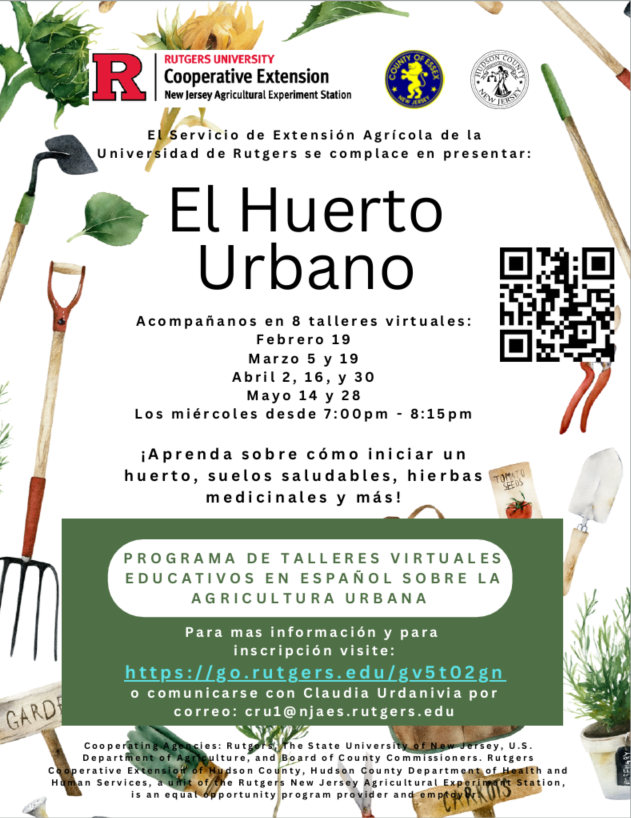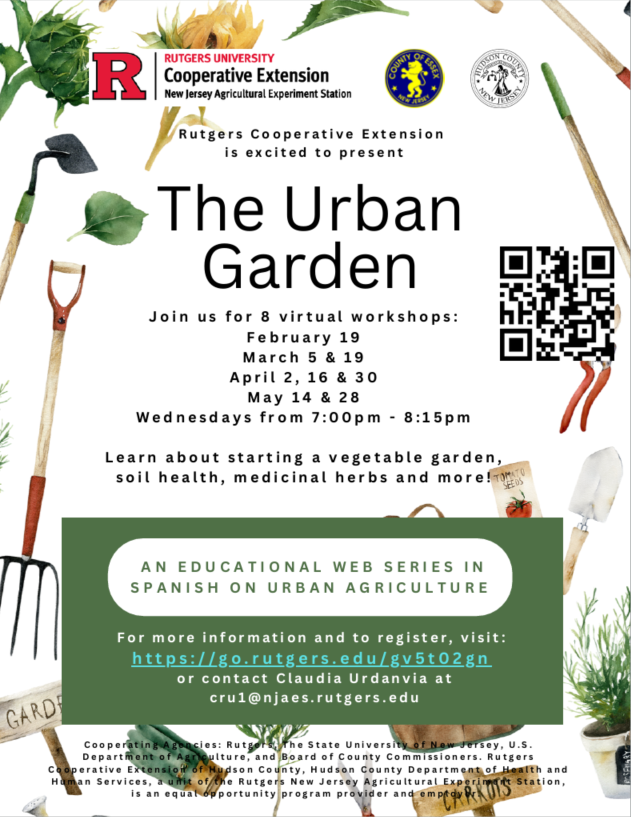DATE: Thursday, March 27, 2025
TIME: 6:00 p.m. – 9:00 p.m.
LOCATION: Rutgers Cooperative Extension of Gloucester County
Shady Lane Complex, 254 County House Rd, Clarksboro, NJ 08020
(Please enter through the far-right side of the building up the first ramp)
CO- SPONSORED BY THE VEGETABLE GROWERS ASSOCIATION OF NEW JERSEY
NO REGISTRATION NEEDED
6:00 -6:30PM Sign in and Light Dinner
6:30-7:00PM Rutgers Vegetable Integrated Pest Management Update
Amanda Quadrel, Sr. Program Coordinator, Vegetable IPM, RCE
7:00-7:30PM Update on the Water Requirements for the Produce Safety Rule
Wes Kline, Ag Agent, RCE Cumberland County
7:30-8:00PM Update on Disease Control in Vegetable Crops
Andy Wyenandt, Rutgers NJAES Vegetable Pathologist
8:00-8:30PM Labor and Regulatory Updates from NJ Farm Bureau
Ben Casella, NJFB
8:30-9:00PM USEPA/NJDEP Worker Protection Standards Overview for Pesticide Safety
Michelle Infante-Casella, Ag Agent, RCE Gloucester County
9:00PM Pesticide Recertification credits – CREDITS INCLUDE: 1-CORE, 3-PP2, 3-Cat. 1A, 2-Cat. 10
Contact the RCE of Gloucester County Office for more information 856-224-8040 ext. 1 or email Michelle Infante-Casella at minfante@njaes.rutgers.edu
Pesticide Recertification Credits have been requested from NJDEP for this meeting – TBD.





